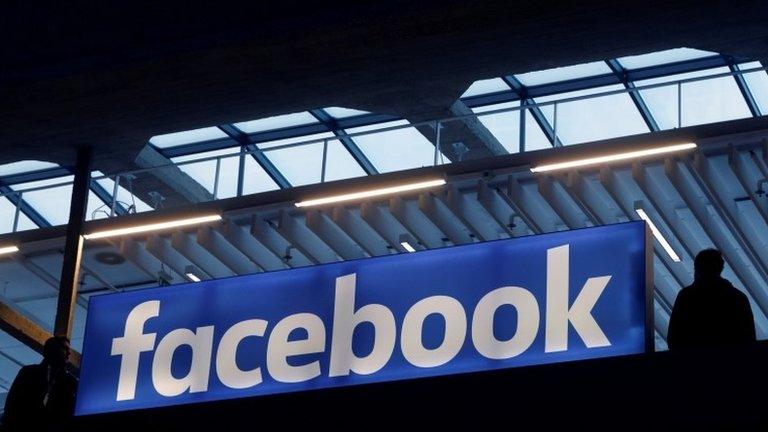Prices for fake news campaigns revealed
- Published
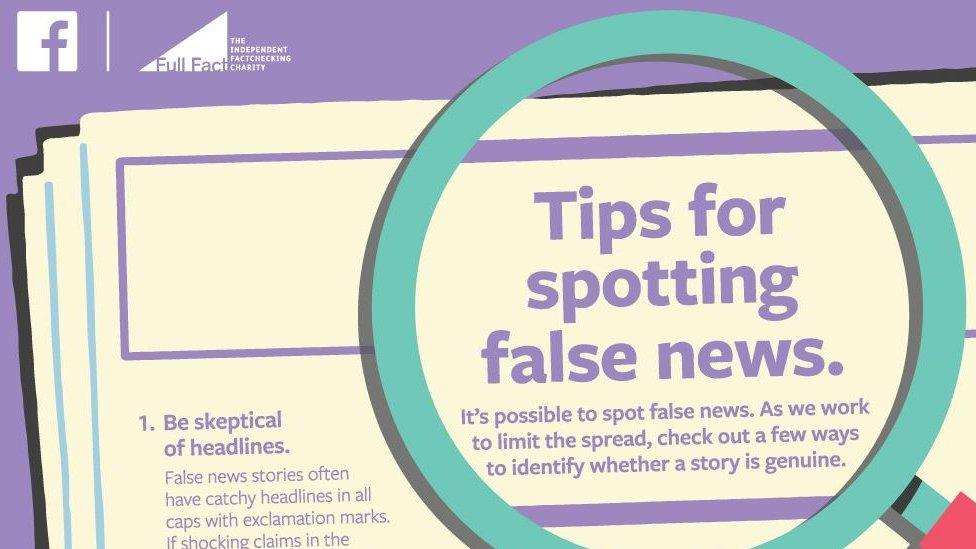
Facebook ran adverts telling people how to spot fake news
Mounting a year-long fake news campaign can cost about $400,000 (£315,000), suggests a report.
The Trend Micro report draws on price lists found on sites that run the misinformation campaigns.
Costs cover setting up fake social media profiles, writing false news stories and spreading them via fictitious followers.
Questions over the influence of fake news has led Google and Facebook to promise to curb its spread.
Malicious campaign
In its report, external, Trend Micro looked at Russian, Chinese, Middle Eastern and English language sites offering all kinds of services based around manipulating social media, search engines and news organisations.
The services on offer included:
Creating celebrities
Sparking social unrest including demonstrations
Discrediting journalists
Putting sustained pressure on elections or political parties
Some of the services profiled gave very detailed breakdowns of what could be done to influence political debate or manipulate the media.
The $50,000 (£39,000) cost of discrediting a journalist involved fake news stories contradicting the target's articles promoted via paid upvotes, likes, retweets and comments. It also involved tens of thousands of bots swamping a target's Twitter feed with malicious comments or posting strongly critical comments on stories.
"It's never been easier to manipulate social media and other online platforms to affect and amplify public opinion," said Trend Micro spokesman Bharat Mistry.
Key to making the campaigns work, said the report, was creating stories, posts and discussions that "pander to its audience's ideologies".
Trend Micro said one good way to limit the impact of fake news was to educate users and give them tools to spot unreliable sources and concocted campaigns.
Good indicators were photoshopped photographs, provocative headlines, website names that resemble legitimate media groups and a lack of verifiable details on stories.
In addition, said Trend Micro, people should consume a wide range of news stories
"Stories that don't align with your own beliefs don't necessarily mean they're fake." it said.
- Published2 June 2017
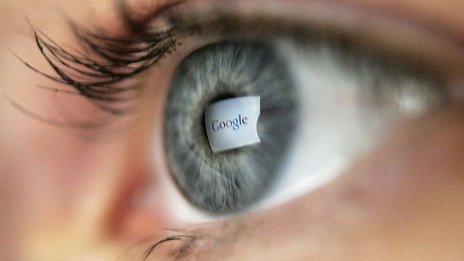
- Published28 April 2017
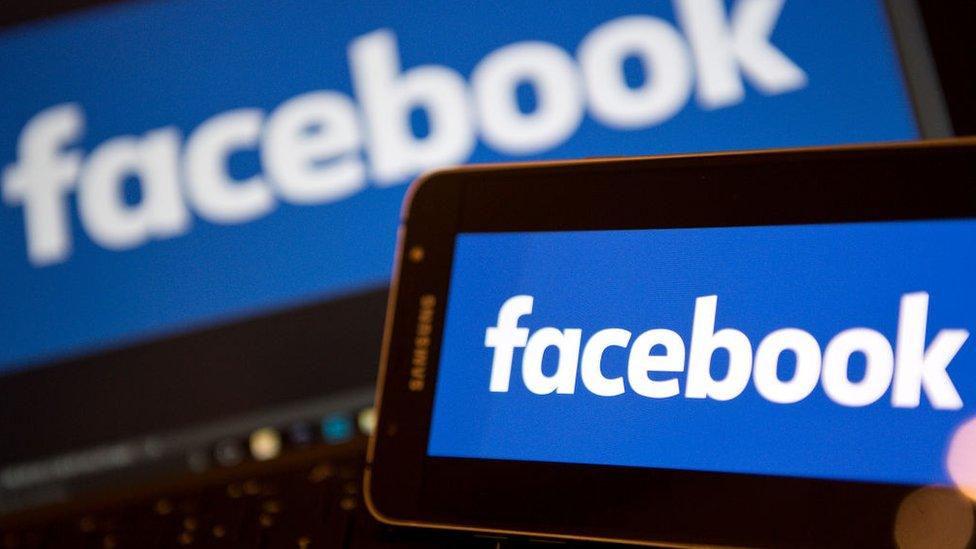
- Published8 May 2017
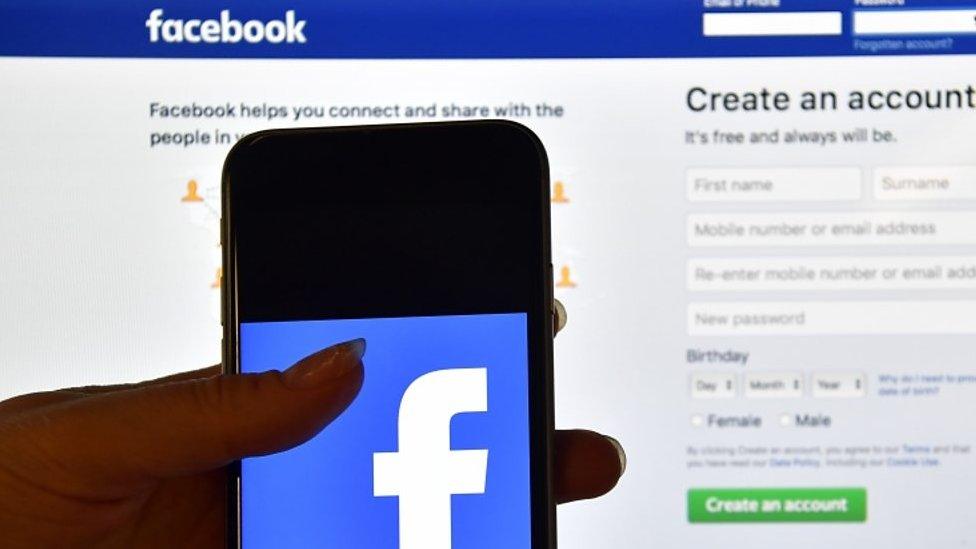
- Published8 May 2017

- Published11 May 2017
